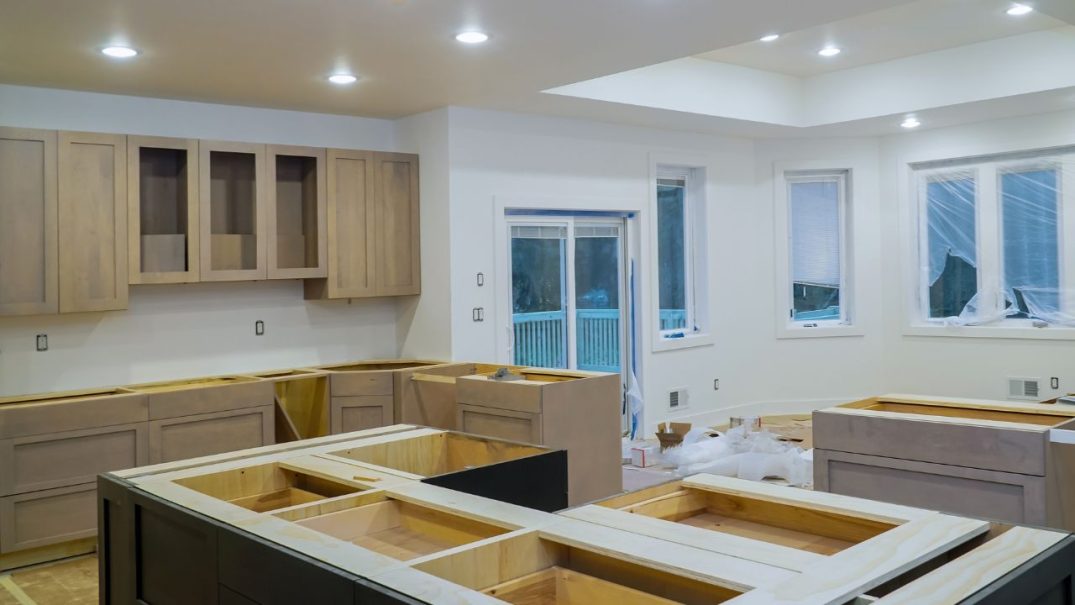
Losing a spouse is an incredibly difficult and life-changing event. On top of the emotional challenges, you may find yourself faced with practical decisions that feel overwhelming. One of the biggest decisions many seniors face is whether to sell the family home. If you’re in this situation, it’s important to give yourself the time and space to make the best decision for your well-being.
In this guide, we will explore the emotional, practical, and financial considerations involved in selling the family home after losing a spouse. We’ll offer tips to help you make this transition as smooth as possible and discuss the key questions you should ask yourself before making a decision.
Taking Time to Process Your Grief
First and foremost, it’s crucial to acknowledge that grief can cloud judgment. You may feel pressure from family, friends, or even your own sense of responsibility to make a quick decision about the house. However, rushing into a major life change while you are still processing your loss can lead to regret later on.
Consider giving yourself a designated period to mourn before making any significant decisions. Some experts suggest waiting at least a year before deciding whether to sell the family home. This allows you to work through the grieving process without feeling pressured into making irreversible choices.
Assessing Your Emotional Connection to the Home
Your home holds memories of your life together—the holidays celebrated, the renovations you planned, the meals shared. It’s natural to feel a deep emotional attachment to your house. Take time to think about whether staying in the home helps you feel connected to your spouse or if it makes your loss feel more pronounced.
If the home feels too large, too empty, or too filled with painful memories, it may be helpful to consider a fresh start. On the other hand, if your home brings you comfort and stability during this uncertain time, selling may not be the best option right now.
Financial Considerations
From a practical standpoint, it’s important to take a thorough look at your financial situation. Maintaining a large family home can be expensive, especially on a single income. Property taxes, maintenance costs, and utility bills can quickly add up.
Review your spouse’s will and any financial documents to understand your current financial standing. Consider consulting a financial advisor who can help you assess whether staying in the home is sustainable or whether selling would alleviate financial stress.
Downsizing and Finding the Right Fit
Many seniors find that downsizing to a smaller home or moving to a retirement community offers both financial and lifestyle benefits. If you decide that selling is the right choice, think about your next move carefully. Do you want to live closer to family? Would you prefer a low-maintenance condo or an assisted living community?
Make a list of your priorities. Consider factors such as proximity to healthcare, community amenities, and the level of independence you wish to maintain. Downsizing can also provide a financial cushion, giving you more freedom to travel or pursue hobbies without worrying about the upkeep of a large property.
Getting Your Home Ready to Sell
If you’ve decided that selling is the best choice, take your time preparing your home. Start by decluttering and sorting through personal belongings. Enlist the help of family or friends, or consider hiring a professional organizer. This process can be emotionally taxing, so don’t hesitate to take breaks or seek support.
Next, think about any necessary repairs or updates. Even small changes, like a fresh coat of paint or minor landscaping improvements, can make a big difference in how potential buyers perceive your home. Consider working with a real estate agent who understands the emotional and practical challenges of selling after a loss. They can provide valuable guidance on pricing, staging, and marketing.
Seeking Support During the Process
Selling a family home is never easy, and doing so after losing a spouse can feel especially daunting. Reach out to your support network—family, friends, neighbors, or grief support groups. Talking through your feelings with others who understand can help you feel less isolated.
If you’re working with a real estate agent, be open about your situation. An empathetic and experienced agent can offer not just practical help but also emotional support throughout the selling process.
Honoring Your Spouse’s Memory
If you choose to sell, consider ways to honor your spouse’s memory in your new home. You might dedicate a special corner for photos and mementos or plant a garden in their honor. Creating new memories while cherishing the old ones can help you feel more at peace with the transition.
Moving Forward
The decision to sell the family home after losing a spouse is intensely personal and often complicated. There’s no right or wrong choice—only the one that feels best for you. Take your time, gather information, and allow yourself to feel the range of emotions that come with this change.
Remember that you don’t have to go through this process alone. Whether it’s through family support, counseling, or working with a compassionate real estate professional, lean on those who care about you as you navigate this new chapter.
If you’d like guidance on selling your home or finding the right living situation for your needs, visit www.HalifaxSeniorLiving.ca. We’re here to support you through every step of the journey.






